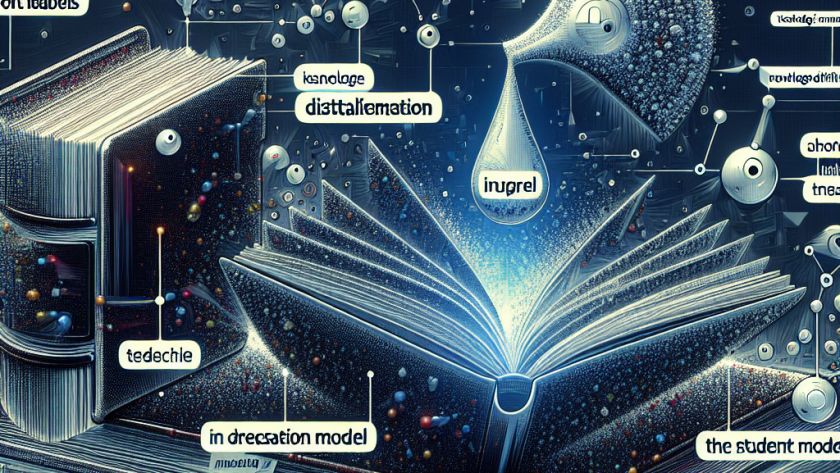MIT scientists have used a form of artificial intelligence (AI) known as deep learning to identify compounds that can eradicate a drug-resistant bacterium linked to over 10,000 annual deaths in the US. The researchers showed that the compounds can eliminate methicillin-resistant Staphylococcus aureus (MRSA) in lab and mouse models, with very low toxicity against human…









